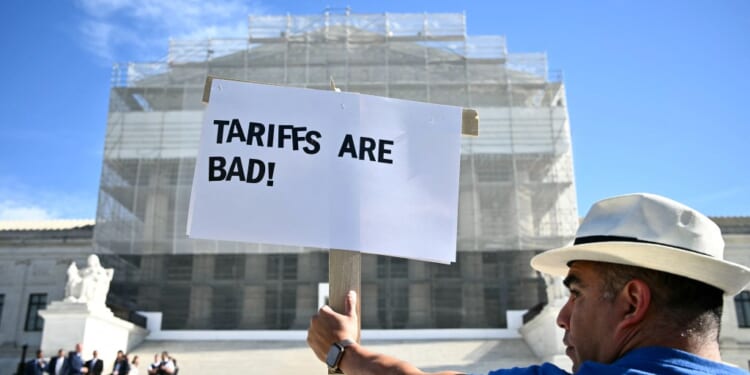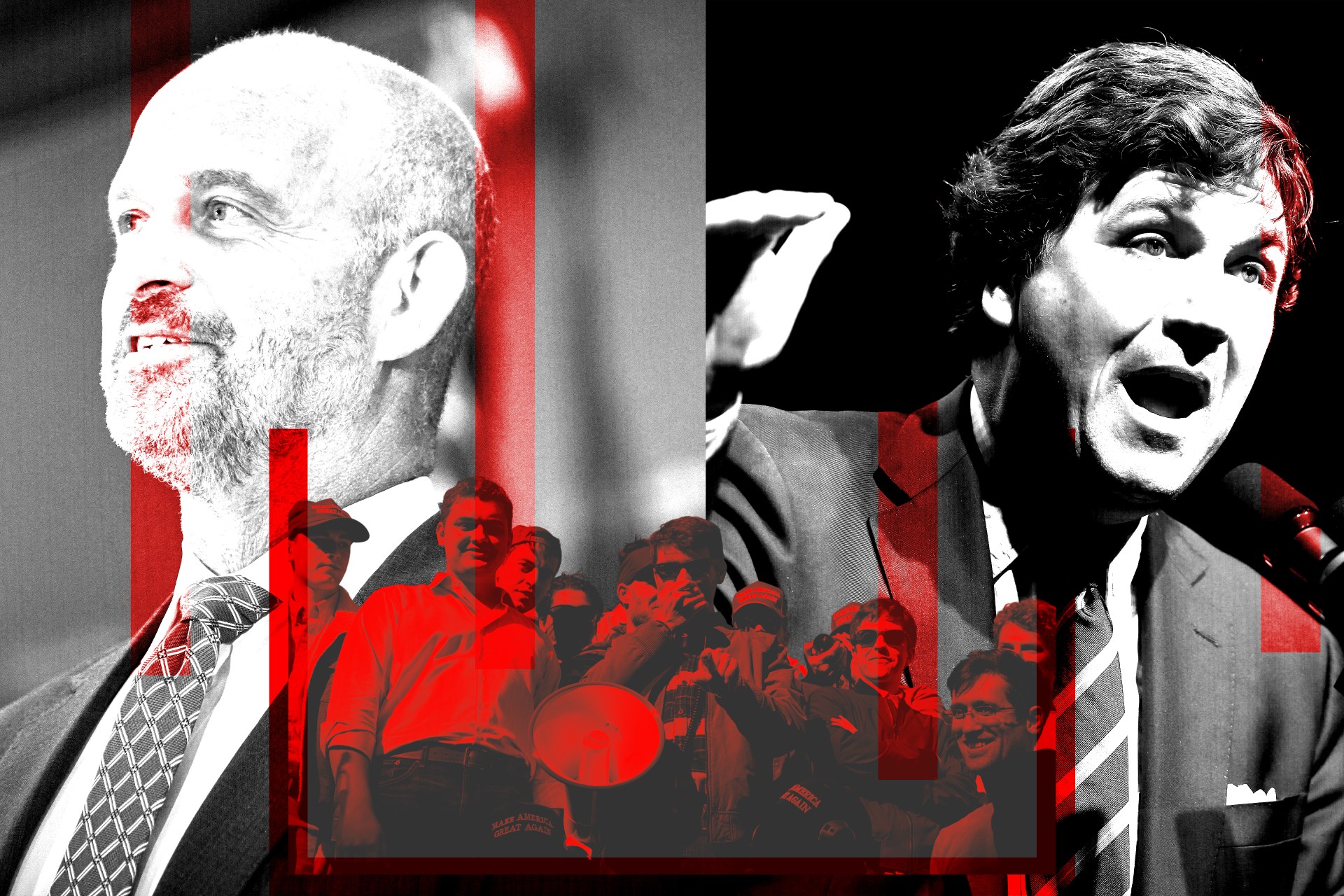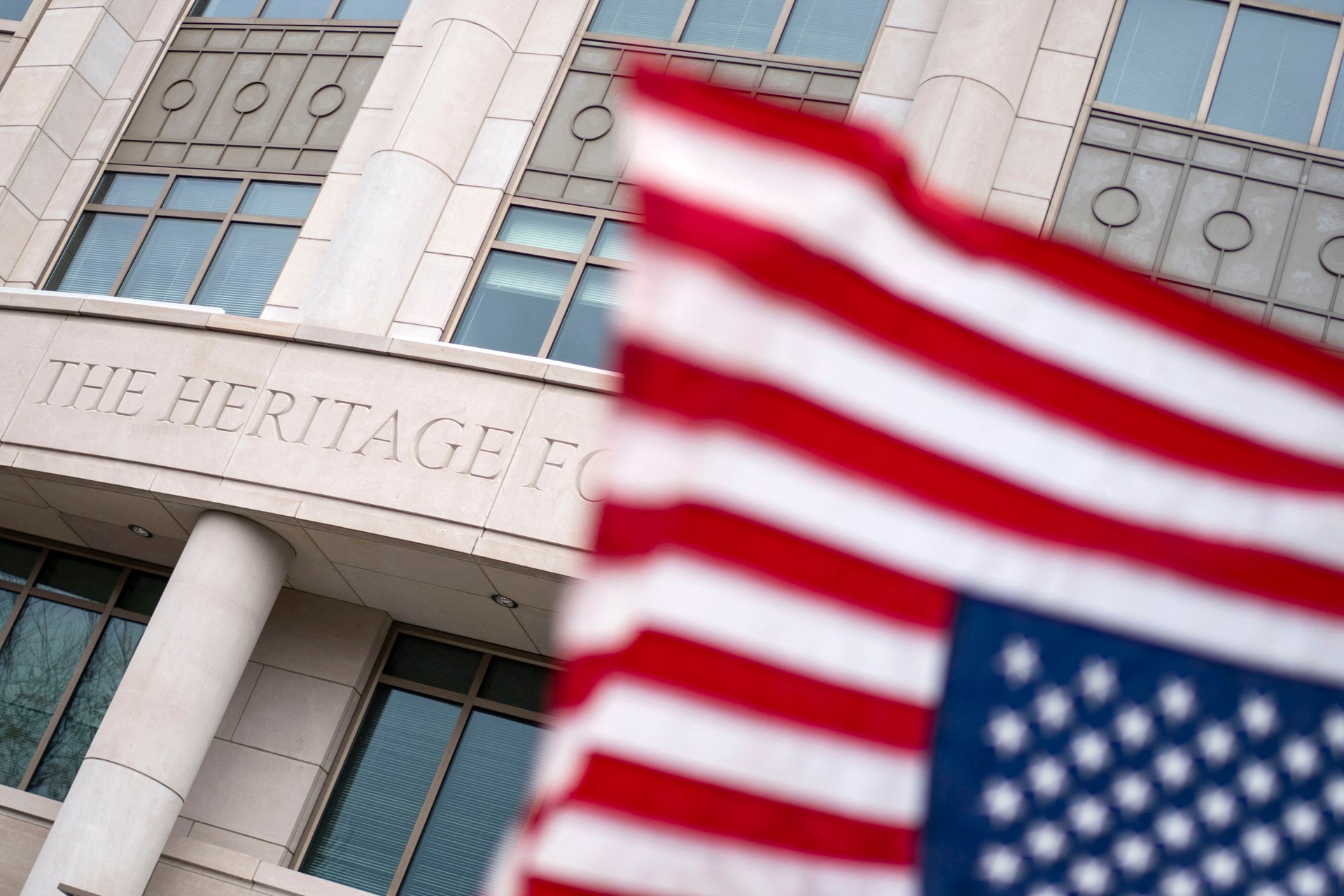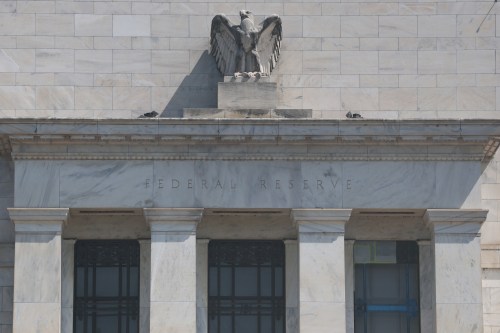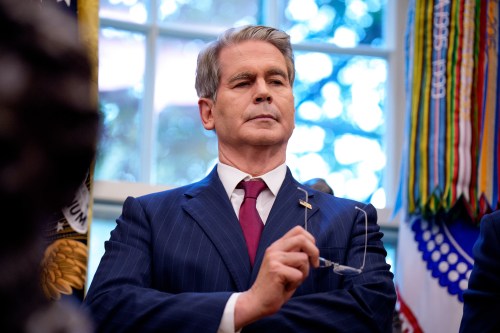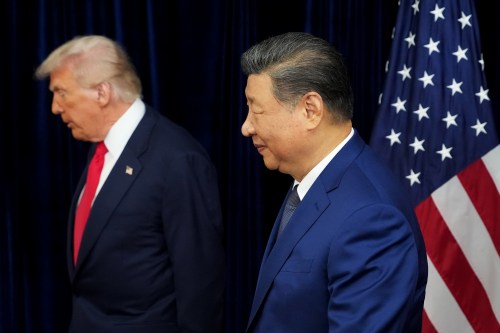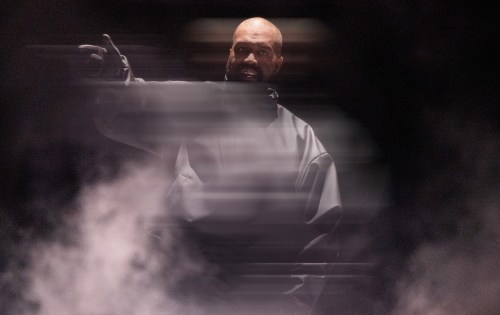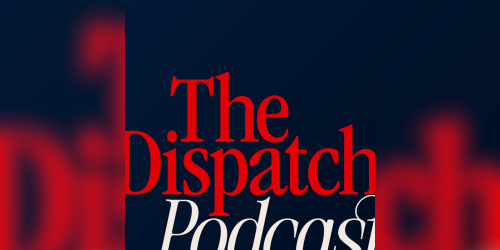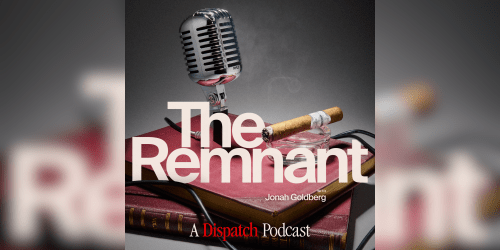Hello and happy Saturday. After weeks of foreign policy and international news dominating the news cycle, most of our coverage this week focused on domestic issues. In key off-year elections, Democrats Abigail Spanberger and Mikie Sherrill won governors’ races in Virginia and New Jersey, respectively, and Democratic nominee Zohran Mamdani—a self-described democratic socialist—won New York’s mayoral contest.
David M. Drucker, who spent the days before the election reporting from New Jersey, wrote about what the sweep means for the coming 2026 midterms: “Coupled with the government shutdown Democrats instigated as leverage to force congressional Republicans to reauthorize Obamacare subsidies, the party’s sweep in New Jersey and elsewhere provided a renewed political purpose and possibility ahead of the 2026 midterm elections, and the White House campaign to follow.”
I can assure you that we’re already planning our coverage for those midterms, both in terms of key races and the issues that will prove decisive. But of more immediate interest, the Supreme Court heard oral arguments Wednesday in Learning Resources Inc. v. Trump, a challenge to the administration’s sweeping “Liberation Day” tariffs. The administration had cited the International Emergency Economic Powers Act (IEEPA) as justification for levying tariffs
One interesting aspect of the case is that the word tariff appears nowhere in the text of IEEPA, leaving Solicitor General John Sauer to argue that language authorizing the president to “regulate … importation … of … any property” fit the bill. Jonathan Adler wrote that the justices seemed skeptical of that assertion:
Can it really be contended that Congress granted presidents the authority to rewrite tariff schedules from the ground up without ever saying so explicitly? On this subject, Justice Neil Gorsuch backed Sauer into a corner, forcing him to concede that, by the logic of the solicitor general’s argument, Congress could fully delegate to the president the authority not only to rewrite tariff schedules with every nation on the globe, but also every other element of the nation’s foreign policy, including the power to declare war.
Jonah Goldberg is not a Supreme Court justice, but he also took apart the solicitor general’s argument that “the greater includes the lesser”—meaning that because IEEPA does allow the president to ban trade with a given country, it must also allow him to regulate trade through tariffs. Goldberg notes that, “The idea that the greater includes the lesser (Omne majus continet in se minus) comes up in philosophy and theology a lot” but he turns to a different legal principle to explain why it shouldn’t extend to Trump’s use of IEEPA to justify tariffs: intent. As it happens, Congress passed IEEPA in 1977 to curtail executive branch authority that Congress had granted in 1917. He writes:
Tariffs and taxes are different than embargoes. They’re used for different purposes, and they fall into different categories. The idea that, in 1977, when Congress passed IEEPA, it intended to give up a huge chunk of its power to tax in a law intended to claw back powers granted during war in 1917 but abused during peacetime is simply preposterous. The administration is arguing that an attempt by Congress to lessen the president’s power is the basis for him to claim greater power than any president ever thought to use.
Don’t forget to check out SCOTUSblog for more coverage of the case, and we also livestreamed a special edition of Advisory Opinions immediately after oral arguments concluded.
I’d be remiss if I didn’t acknowledge the passing of former Vice President Dick Cheney this week. Our own Steve Hayes, who authored a biography of Cheney, recalled a commencement speech that Cheney delivered—at his high school alma mater—in which his messages to students also spoke to the philosophy that guided his career: “Do the work in front of you.” We also published remembrances by Shannen Coffin, who served as counsel to Cheney from 2005 to 2007, and former Ambassador Eric Edelman, who worked for Cheney at the Pentagon and as his deputy national security adviser in the George W. Bush administration. Thank you for reading and have a lovely weekend.
On Wednesday, Kevin Roberts, the president of the Heritage Foundation, sat onstage with three other members of the executive team at the conservative think tank’s headquarters for an all-hands meeting. Only six days earlier, he had posted a short video defending Tucker Carlson after the former Fox News host had conducted a lengthy and friendly interview with a prominent online neo-Nazi, Nick Fuentes. Roberts was there to explain himself and hear from staffers who were angry and hurt by their leader’s embrace of Carlson, who in his Fuentes interview had elevated the most vile sort of bigot, described Christian public figures who support the state of Israel as detestable people infected with a “brain virus,” and said he “dislikes … more than anybody” people he called “Christian Zionists.”
There are eras and epochs of antisemitism, and styles of it—redneckery surely will not be the final form—that blend and compound in the antisemitic heart. There was antisemitism of a kind in the classical era, as the Zionist essayist Ahad Ha’am noted in 1897: “History teaches us that in the days of the Herodian house Palestine was indeed a Jewish State, but the national culture was despised and persecuted, and the ruling house did everything in its power to implant Roman culture in the country.” The theme of Jewish separateness, distinctiveness, and immunity to assimilation, already present in the ancient world, would form the basis of most antisemitism throughout history. The Christian era would add a new religious dimension to antisemitism that would be identical to the cultural dimension in the minds of Catholic thinkers such as Belloc, for whom “the faith is Europe and Europe is the faith.” In the disenchanted modern world, antisemitism became a matter of pseudoscience, a subgenre of biological racism.
Our current president isn’t antisemitic (not the way Fuentes is, anyway) but he’s as amoral a creature as ever crawled from the sea and cares not a bit for classical liberalism as an ideology or an American political tradition. The idea of banishing anyone, including Tucker Carlson, from Donald Trump’s party for being “offensive” is comically ridiculous. And it’s no longer the Buckleyites who supply the right’s intellectual energy, such as it is. It’s postliberals like Adrian Vermeule, Curtis Yarvin, and Patrick Deneen. Carl Schmitt, not Antonin Scalia, is in vogue among new right legal thinkers. That’s what I meant when I said that Roberts’ quote is preposterous for more than one reason: When he calls on the conservative movement to have hard conversations about its direction, he’s implying that a “conservative” movement still meaningfully exists and that it retains the power to cancel postliberals if it so chooses.
Best of the Rest
Slaughter on the High Seas
Two months into Donald Trump’s unprecedented campaign of lethal strikes against suspected drug traffickers, Congress is still in the dark.

